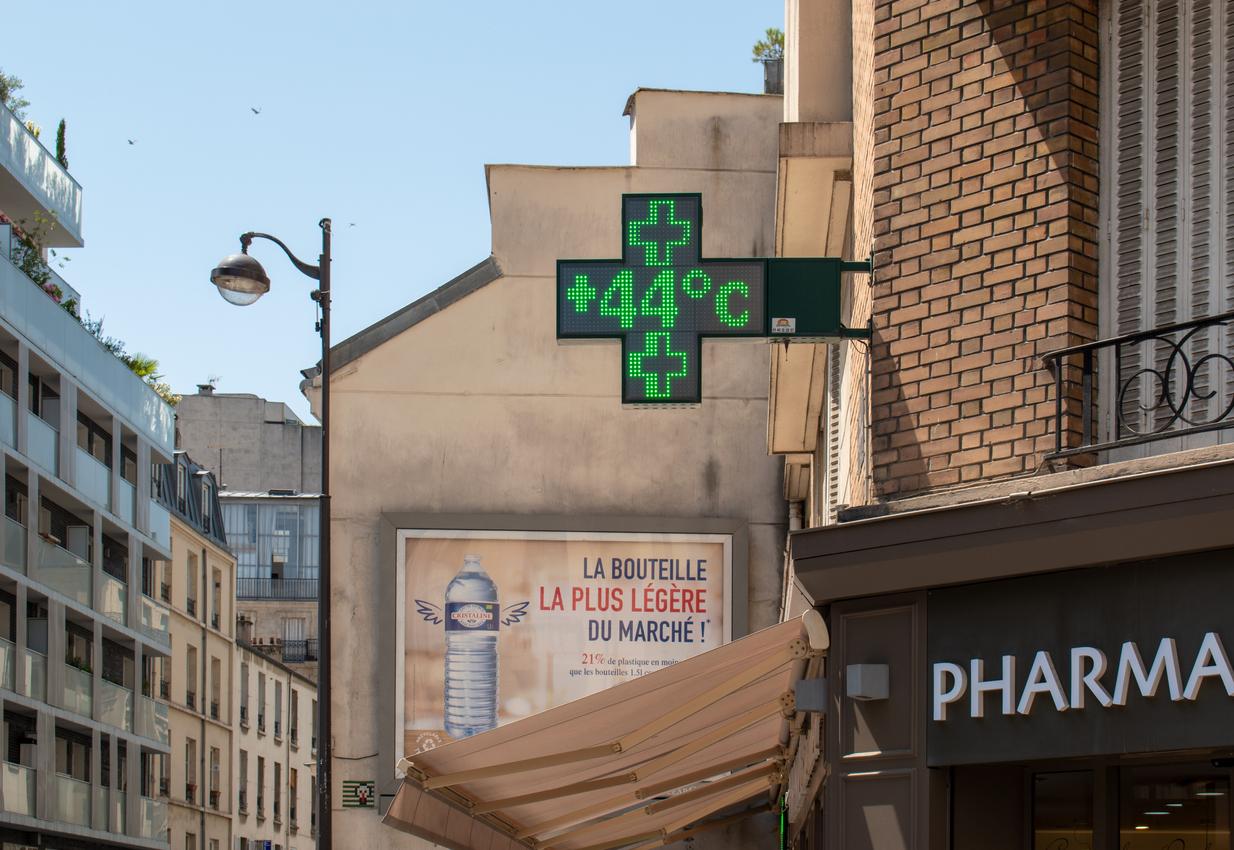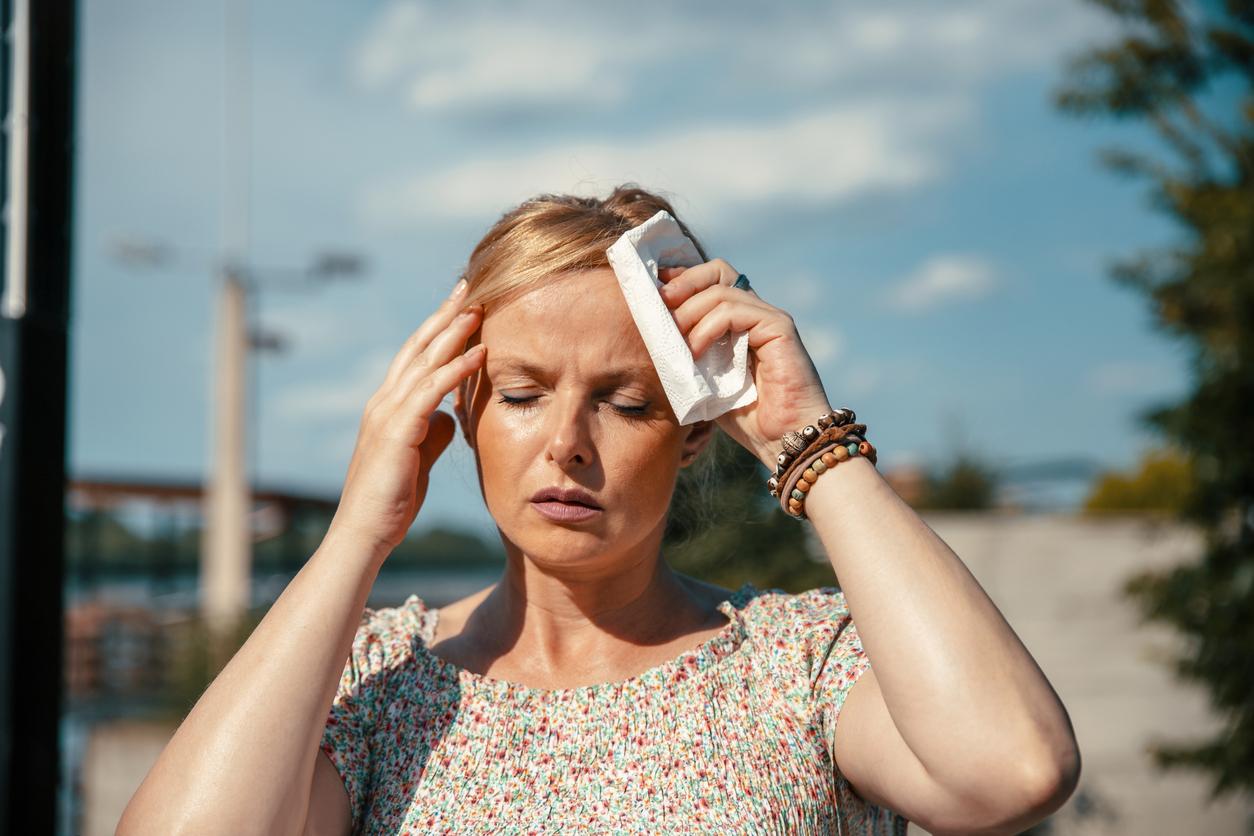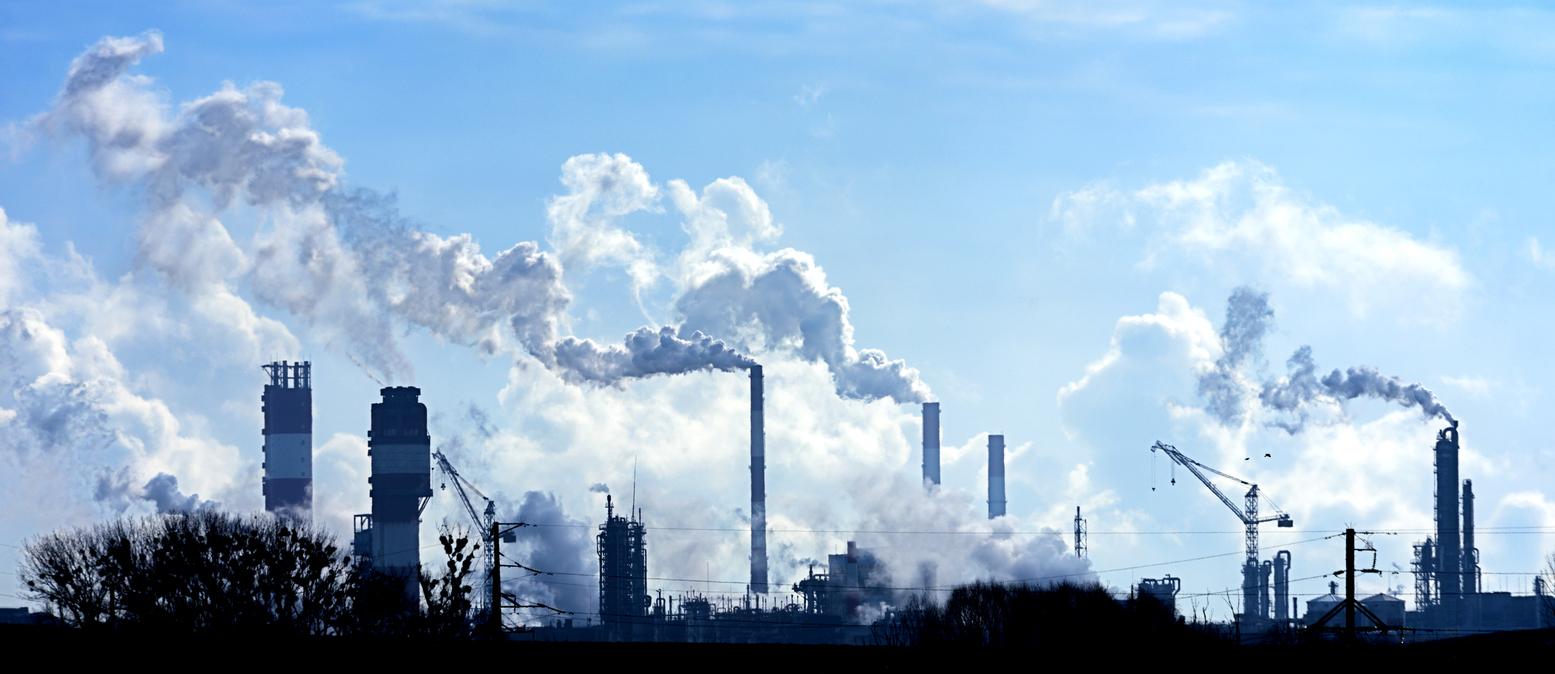During the last summer period, nearly 1,500 French people died during episodes of extreme heat.

- During the summer of 2023, nearly 1,500 deaths were recorded during the four heatwave episodes and more than 5,000 deaths were recorded during the entire summer monitoring period.
- Between June 1 and September 15, nearly 20,000 calls for emergency care linked to extreme heat were observed.
- Although all age groups were affected, people aged 75 and over were the most affected.
The summer of 2023 is the fourth hottest ever observed in France since the start of the 20th century, according to Météo France. It was marked by four heatwave episodes, which affected 73% of the population. According to the results of Public Health France, published on February 8, the number of deaths from all causes attributable to heat rises to nearly 1,500 deaths during extreme heat waves. This represents “more than 10% of observed all-cause mortality.” For comparison, the heatwave of 2003, which is the most intense heat wave that France has experienced, caused a “cumulative number of excess deaths of approximately 14,800 between August 1 and 20, an increase of 60% compared to expected mortality”, says Public Health France.
Heatwave: 75% of deaths occurred in people aged 75 and over
During the entire monitoring period of summer 2023, more than 5,000 deaths were recorded, representing more than 3% of all-cause mortality observed. The data shows that all age groups are affected. “75% of these deaths occurred in populations aged 75 and over.” Another observation: eleven fatal work accidents possibly linked to heat were reported by the General Directorate of Labor. Nearly half of these tragedies occurred in the context of professional construction and works activities. The adults affected were men aged 19 to 70.
20,000 calls for emergency care were recorded during heat waves
According to Public Health France, there were twice as many calls for emergency care during heatwave episodes. Between June 1 and September 15, nearly 20,000 calls for emergency care were recorded during the summer. “During heatwave episodes, the number of visits to the emergency room for the iHeatwave indicator (including hyperthermia/heatstroke, dehydration and hyponatremia) was multiplied by 2.1 and that for SOS doctor consultations multiplied by 3 compared to during periods outside of heatwave episodes in summer”, can we read in the press release. During the summer period, 10,600 hospitalizations following a visit to the emergency room for the iHeatwave indicator were recorded. More than half of emergency room visits concerned people aged 75 and over.
“The need for a strengthened climate change adaptation strategy”
“This report highlights, this year again, a significant impact of heat in terms of morbidity and mortality, during and outside heatwave episodes, which concerns all age groups. These data reinforce the need for a strategy of reinforced adaptation to climate change, at national and territorial level, in order to anticipate the intensification of exposure to these meteorological phenomena”, declared Dr Caroline Semaille, Director General of Public Health France.
For 2024, a heatwave much worse than that of 2003 is within the realm of possibility, according to climate experts. According to their study published last November in Nature, they estimate that temperatures could exceed the record by around 4°C in Ile-de-France.















